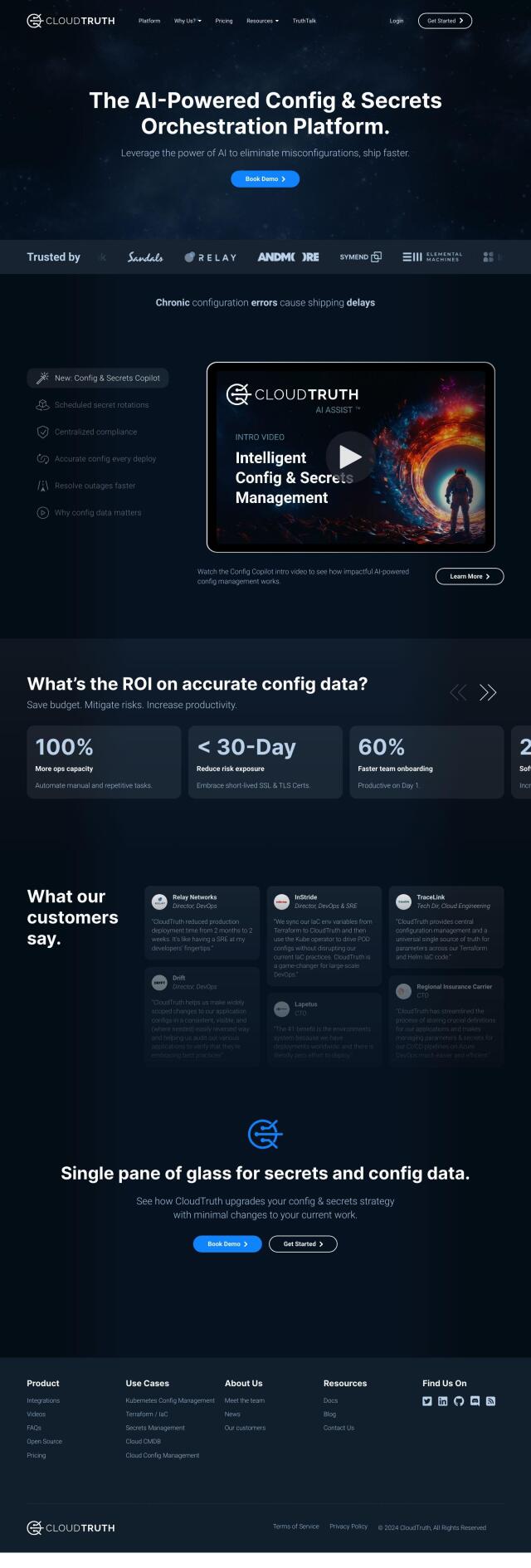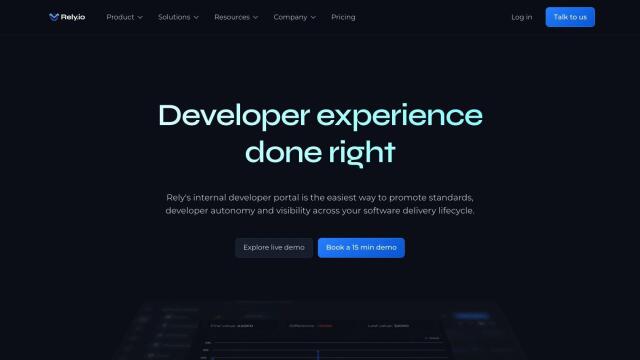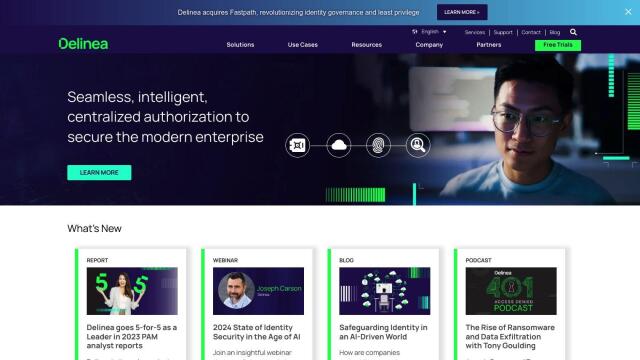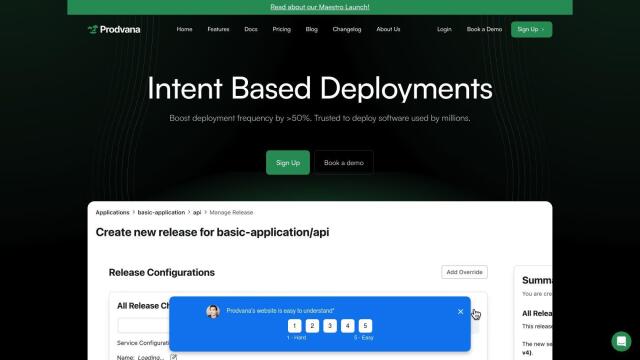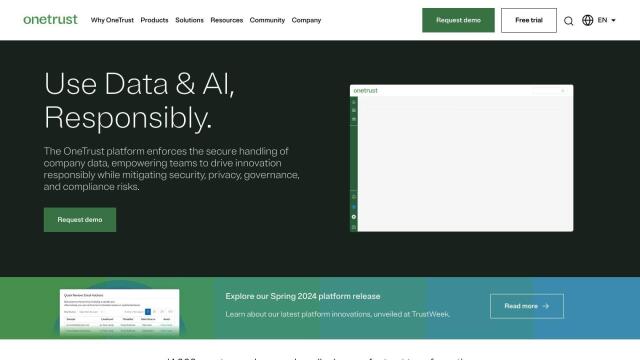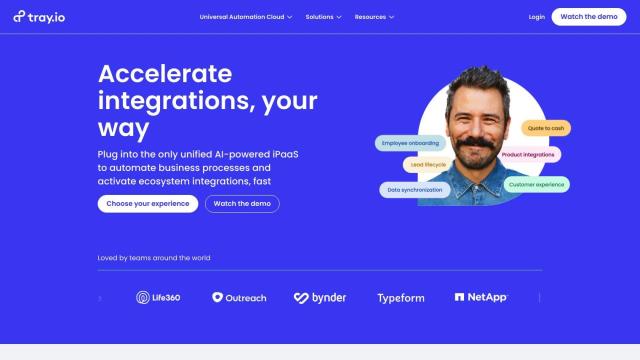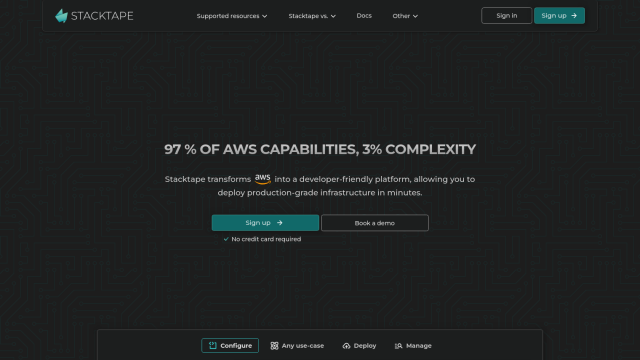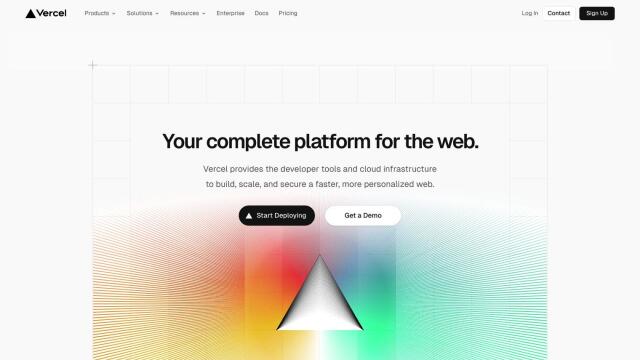

Pulumi
If you're in the market for something to replace CloudTruth, Pulumi is definitely worth a look. Pulumi is an open-source infrastructure as code (IaC) SDK that lets developers build, deploy and manage infrastructure on multiple clouds using the programming language they're already familiar with. It's got a single source of truth for configuration and secrets management, similar to CloudTruth. Pulumi supports a range of cloud companies, including AWS, Azure, Google Cloud and Kubernetes, and can slot into existing software delivery pipelines, so it's a good choice for teams that want to increase productivity and scalability.


GitLab Duo
Another good option is GitLab Duo, a full-featured AI-powered DevSecOps platform that combines development, security and operations. GitLab has automated tasks, continuous integration and delivery, AI-driven workflows and a large collection of tools for managing the software supply chain. It supports GitOps and infrastructure as code for cloud-native and legacy environments, so it's good for companies large or small that want to modernize their software development and delivery.


Akeyless
If you're looking for a more secure secrets management option, you might want to check out Akeyless. This cloud-native platform uses Distributed Fragments Cryptography (DFC) to create encryption keys, which means zero-knowledge encryption and no single points of failure. Akeyless integrates with a variety of tools, including Ansible, AWS, Azure and GitHub, and offers features like automated credential rotation, just-in-time credentials and secure Kubernetes secrets management. It's a good option if you're looking for a secure way to handle sensitive data and credentials.

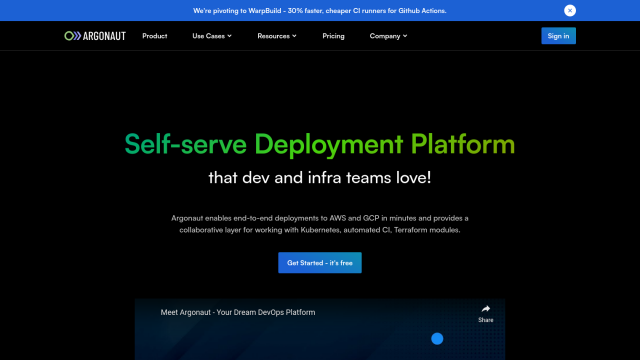
Argonaut
Last, Argonaut is a platform that automates infrastructure and application deployments to cloud accounts. It offers fast app deployment to GCP and AWS, collaborative infrastructure management with managed Terraform state, and integrations with GitHub, GitLab and multiple cloud platforms. Argonaut automates the deployment process, reducing manual labor and errors, and offers a tiered pricing model that should accommodate teams of various sizes and needs.
